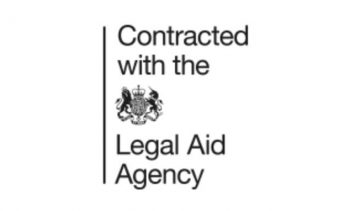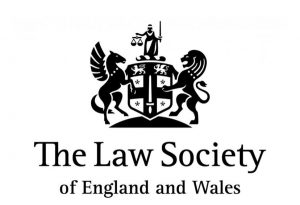It is the general position that if a landlord were to let out a property in good faith and the tenants subsequently sublet the property without the permission of the landlord, making it an HMO without the informed consent of the landlord, an offence is committed. In the eyes of the law, such property is now an unlicensed HMO.
The question then remains, who is liable for this offence?
In the 2020 decided case of Mohamed & Lahrie v Waltham forest, the local authority, Waltham Forest Council had prosecuted landlord, Mr. Mohammed, and Ms. Lahrie for operating a property deemed an unlicensed HMO.
The landlord claimed not to have known this was going on, and that the tenant had sublet parts of the property to the sub-tenant.
At the magistrate court, the landlord’s arguments were rejected and an application for judicial review was made to the High Court. In the Judicial Review application, the landlord sought to argue that they could not be expected to continuously police the tenant. The court disagreed.
Strict Liability – The finding of the court in the above, further puts flesh to the notion that operating an unlicensed HMO is a strict liability case.
What Does This Mean To Your Matter?
In law two; the prosecution must prove two things 1) That the defendant committed the criminal act and had the criminal intention, that is, they were aware that they were committing a criminal act. The principle of ACTUS REUS and MENS REA.
The case of Mohamed & Lahrie v Walthamforest (2020) sets the precedent that local authorities need not prove that the landlord is aware of a property being used by an HMO in order to prosecute for operating an unlicensed HMO
What To Do Next
At Adel Jibs our solicitors in Enfield, and across London we are highly experienced in all matters of property. For advice, assistance or representation please contact us on 02034173859 or complete our online contact form.
Our Previous Post
How to solve it – Landlord and Tenant Dispute
No Fault Divorce – What you need to take into consideration and know
Extension of video-witness of Wills extended until 2020
The information given here is intended for general information purposes only and should not be taken as legal advice


